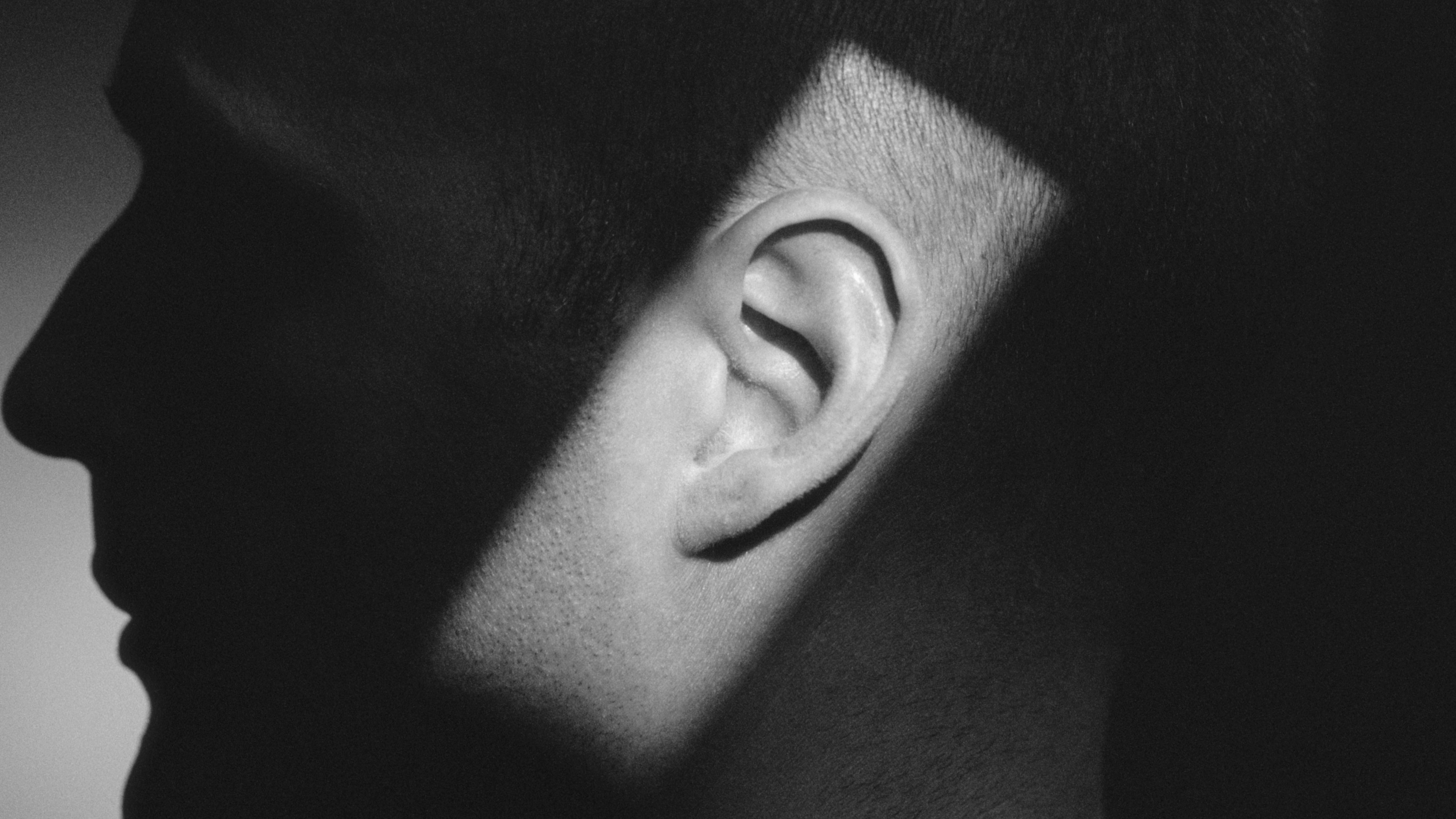"We want to empower people to regain control": New AI-powered app promises to alleviate tinnitus suffering
Mindear combines sound treatment with chatbot-guided cognitive behavioural therapy

Tinnitus, the condition that causes a buzzing or ringing in the ears, has blighted far too many musician's lives for too long. While there's still no cure, a new app promised to alleviate some of its most debilitating effects.
Musicians and producers are, of course, both particularly prone to the condition through exposure to high-volume noise, and disproportionately affected - our ears are our most important musical tool, after all.
• Best earplugs for musicians 2024: give your ears the protection they deserve

There are already plenty of apps out there that can help by using masking music and sounds - we recommend you check out T-Minus as a good example of this approach - but Mindear, a newly launched app, combines this sound and masking treatment with AI chatbot-powered cognitive behaviour therapy (CBT) to help sufferers manage both the condition and their relationship with its effects.
It's well established that CBT can help sufferers manage their relationship with the symproms of tinnitus, allowing the brain to 'tune out' some of their worst effects. The stumbling block is that CBT therapy is expensive and time-consuming. Hence the chatbot.
“What we want to do is empower people to regain control,” Dr Fabrice Bardy, author of a University of Auckland study of the approach's efficacy, and a tinnitus sufferer.
Negative thought cycles
28 subjects completed the study, with half of that cohort using MindEar's virtual coach for 10 minutes a day for eight weeks. The 14 remaining participants did the same, plus sessions with a clinical psychologist.
Get the MusicRadar Newsletter
Want all the hottest music and gear news, reviews, deals, features and more, direct to your inbox? Sign up here.
After eight weeks, six of the app-only and nine of the psychologist-aided participants reported significant reductions in distress. After a further eight weeks, nine in each group said they had significantly benefited from their treatment.
So, while in-person help isn't easily accessible for many sufferers, the AI chatbot approach apopears to be just as effective, given time.
“My hope is that, by giving people access to this very carefully designed intervention early on in their journey with tinnitus, they will be prevented from ever entering some of the negative thought cycles that so often occur and be able to live well with their tinnitus from the start,” said Dr Lucy Handscomb of the UCL Ear Institute.
“I don’t see MindEar as a replacement for tinnitus therapy in person but I think it could be a very valuable complement to it.”
Head over to www.mindear.com for more info and to download the app and to Frontiers in Audiology and Otology for the full study behind it.

I'm lucky enough to be MusicRadar's Editor-in-chief while being, by some considerable distance, the least proficient musician on the editorial team. An undeniably ropey but occasionally enthusiastic drummer, I've worked on the world's greatest music making website in one capacity or another since its launch in 2007. I hope you enjoy the site - we do.
“The included sample content is not only unique but sonically amazing, as it always was”: Spitfire Audio BBC Radiophonic Workshop review
“We were able to fire up a bass sound that was indistinguishable from the flavour of New Order’s Blue Monday in seconds”: EastWest Sounds Iconic review










